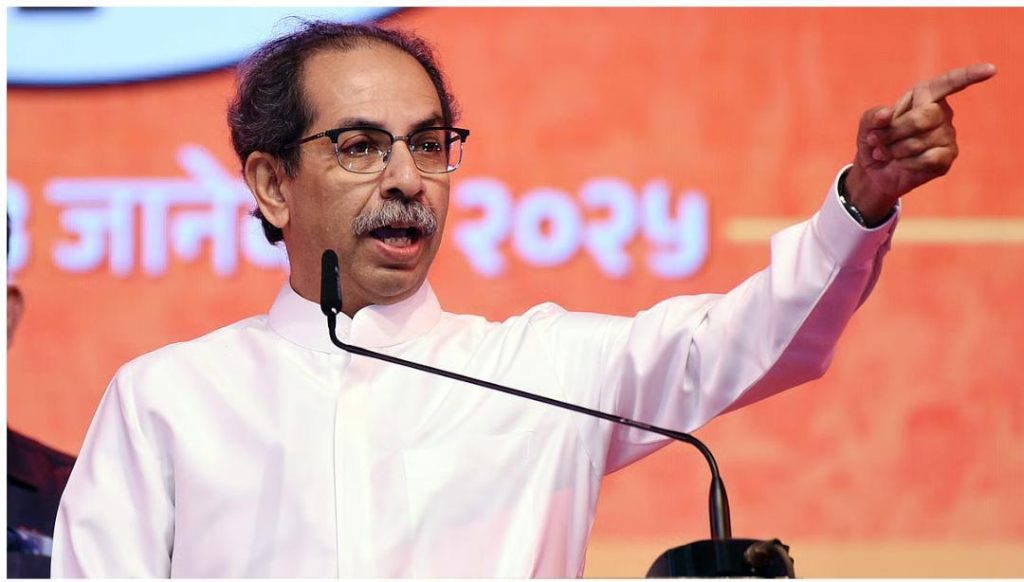
India Would Have Landed in PoK in 4 More Days: Shiv Sena (UBT)
The recent ceasefire agreement between India and Pakistan has sparked a heated debate in the country, with many questioning the wisdom behind the decision. One of the most vocal critics of the ceasefire is the Shiv Sena (UBT), which has been fiercely opposed to the agreement from the very beginning. In its latest editorial in the mouthpiece ‘Saamana’, the party has launched a scathing attack on the government, saying that if the war had lasted for just four more days, India would have captured Pakistan-occupied Kashmir (PoK). However, President Donald Trump’s intervention put an end to the war, and now India has lost its chance to reclaim the disputed territory.
The editorial, which was published on Tuesday, is a scathing critique of the ceasefire agreement and the government’s decision to accept it. The party argues that the agreement is a betrayal of the sacrifices made by the Indian Army and the country’s soldiers who fought bravely against Pakistan. The ceasefire, according to the Shiv Sena (UBT), is a sign of weakness and appeasement, and it will only embolden Pakistan to continue its aggression.
The party’s criticism of the ceasefire is not new, but the latest editorial is particularly aggressive and provocative. The article accuses the government of being influenced by external forces and of lacking the will to defend the country’s interests. The Shiv Sena (UBT) claims that the government’s decision to accept the ceasefire is a result of pressure from the United States, which is keen to maintain good relations with Pakistan.
The editorial also takes a swipe at President Donald Trump, who is said to have intervened to stop the war from escalating further. The party accuses Trump of being biased towards Pakistan and of having a hidden agenda to weaken India. The Shiv Sena (UBT) says that Trump’s actions have undone all the progress made by the Indian Army and have given a free hand to Pakistan to continue its terrorism and aggression.
The party’s criticism of the ceasefire has sparked a heated debate in the country, with many political parties and experts weighing in on the issue. While some have defended the government’s decision to accept the ceasefire, others have criticized it as a sign of weakness and appeasement. The controversy has also raised questions about the government’s policy towards Pakistan and its ability to defend the country’s interests.
The Shiv Sena (UBT) has always been known for its aggressive and provocative rhetoric, but its criticism of the ceasefire agreement is particularly scathing. The party’s demand that the government “burn effigies of President Trump in front of the American Embassy” is a clear indication of its frustration and anger. The party’s criticism of the ceasefire is not just about the agreement itself, but also about the government’s inability to defend the country’s interests and protect its soldiers.
The controversy surrounding the ceasefire agreement has also raised questions about the role of the United States in South Asia. The Trump administration’s decision to pressure India to accept the ceasefire has been widely criticized, with many arguing that it is a clear example of US interference in India’s internal affairs. The controversy has also raised questions about the US’s relations with Pakistan and its ability to defend the country’s interests.
In conclusion, the Shiv Sena (UBT)’s criticism of the ceasefire agreement is a clear indication of its frustration and anger over the government’s decision to accept the agreement. The party’s demand that the government “burn effigies of President Trump in front of the American Embassy” is a clear indication of its willingness to take a stand and defend the country’s interests. The controversy surrounding the ceasefire agreement is a sign of the deep divisions within the country and the need for a more effective and robust policy towards Pakistan.






